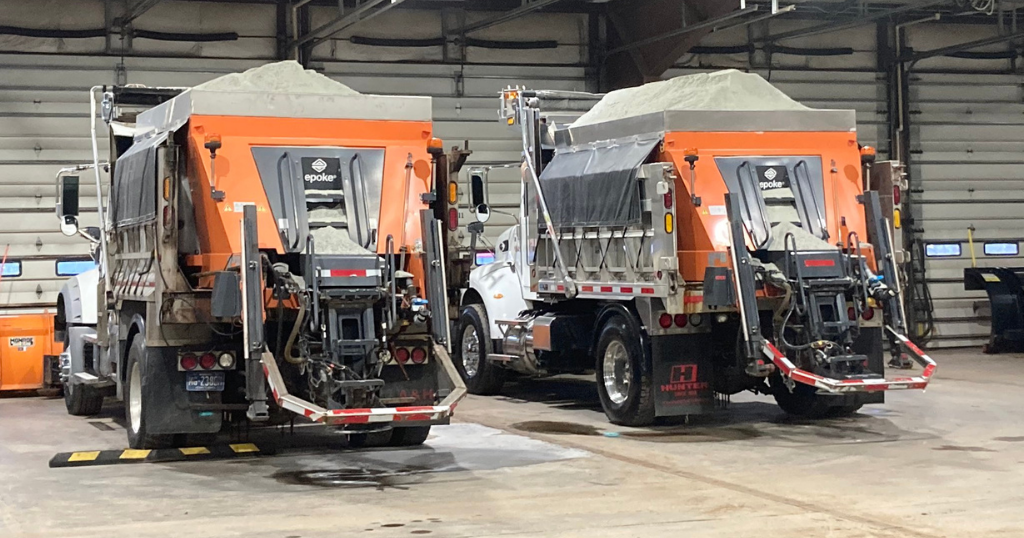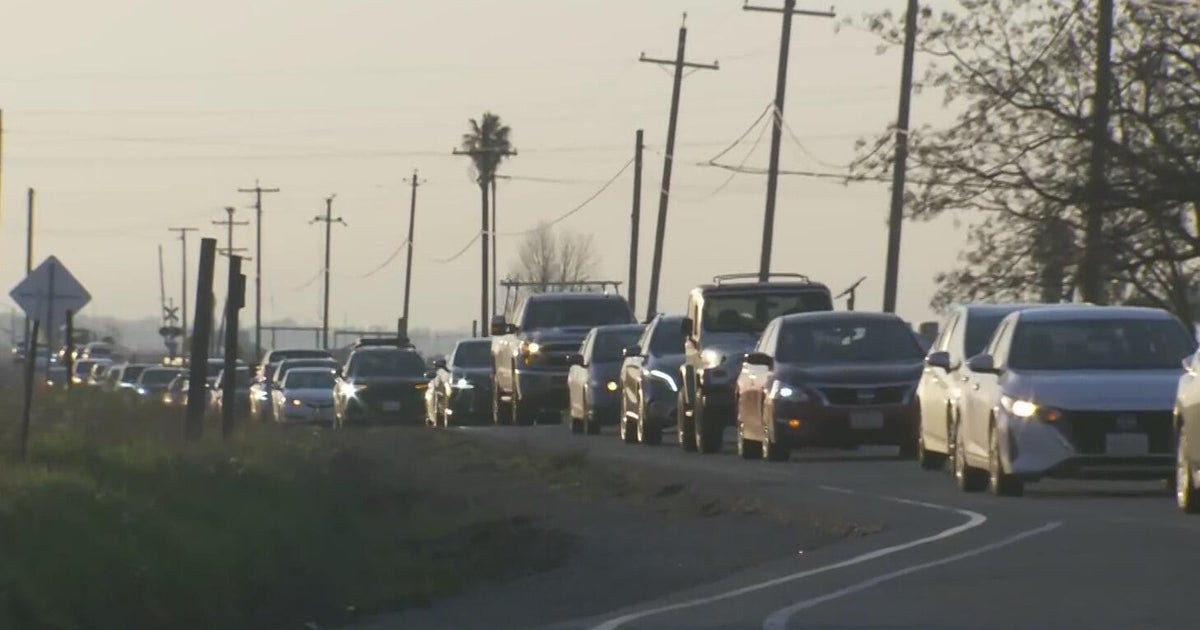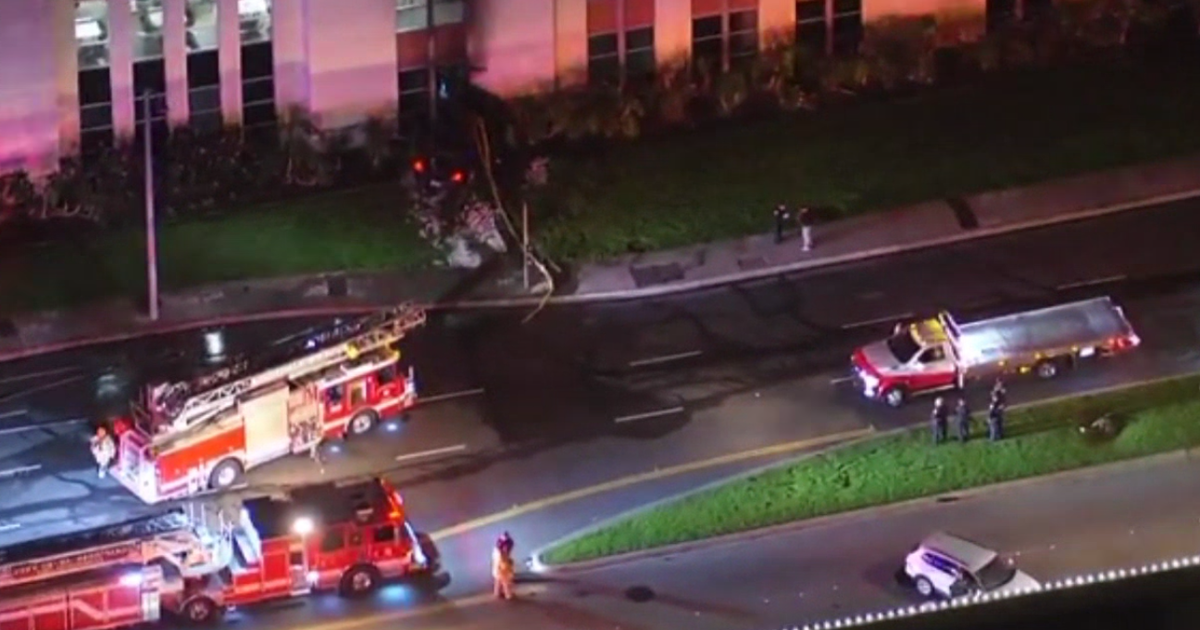Top 5 Winter Travel Tips
By Randy Yagi
Winter is fast approaching and with it comes cold, wet and often snowy conditions across much of the country. It also means you should take some extra precautions if a road trip is part of your upcoming plans, especially during the busy holiday season, with increased traffic amid unsafe conditions. To make your winter travel safe and much more pleasant, here are a few valuable tips to consider before your trip and while you're on the road.
Have Your Vehicle Inspected
One of the worst things that can happen on a road trip is to encounter some sort of car trouble, particularly in the cold of winter. While a car inspection in advance of the trip will result in some additional expenses for you, having a finely tuned vehicle will not only lessen the risk of something going wrong while on the road, it also makes for a much safer and more pleasant driving experience. Among the safety inspections that should be performed on the vehicle are checking the oil, the electrical system including the lights, ignition and battery, checking the windshield wipers, the brakes, the exhaust system, heating and cooling system, and inspecting the tires for proper inflation and sufficient tread on the tires, especially if you have to drive through wet or snowy conditions. If you haven't already done so, it also might be a good time to check and see if there are any recalls on your vehicle.
Related: Saving Space: How To Pack Bulky Winter Clothing
Bring A Winter Safety Kit
A car safety kit is useful to carry in your vehicle all year long. But winter car travel requires bringing along many other items in the event of an emergency. In addition to general emergencies supplies like jumper cables, flares or a reflective triangle, flashlight, portable air compressor and a car cell phone charger, it's prudent to add winter-related items like a battery-operated radio with spare batteries, an ice scraper, lock de-icer, traction mats, window-washing solvent, gloves, a bag of abrasive material like sand or cat litter and if necessary, a small snow shovel and tire chains. Other suggested items to bring along for the ride include spare batteries, an empty gas canister, warm blanket(s), extra sets of warm clothing, gloves, hats and winter boots.
Check The Weather
With the increased likelihood of unpredictable weather in winter, it's important to know in advance the type of weather conditions you may encounter and the route you'll be taking. You can start by checking weather reports on your local news stations or cable channels like the Weather Channel as well as its Weather.com website, and other online sources like the National Weather Service, Weather Underground and AccuWeather. In addition to providing local and national forecasts and reports for up to 10 days in advance, each of these sites also offer up to date information on traffic conditions, radar imaging and current condition maps. To further protect you from unsafe road conditions, you can also download weather apps and sign up for free email and or SMS weather alerts from any of these reliable sites. Of course there are many other free or paid mobile apps that might come useful depending on your situation, such as Waze, Google Maps, Dark Sky, Hurricane Tracker, Intellicast and Storm Shield.
Bring Extra Food & Water
If you're headed out on an extended road trip with expected wintry conditions, it's helpful to bring some extra food and water along for the ride. While it's unlikely you'll get stranded along the way, these type of situations do occur and if you do get weatherbound, the extra food and drinks can definitely come in handy. Some good choices for food to pack for the trip include nonperishable canned items like vegetables, tuna, salmon, turkey or chicken, plenty of granola bars and energy bars, nuts and trail mix, peanut butter and unsalted crackers. Depending on the size of your traveling group, you'll need to bring enough water, perhaps a thermos with hot chocolate, coffee or tea and other liquids like sport drinks, coconut water and fruit juices.
Drive Cautiously
Perhaps the most important winter driving tip is to drive far more cautiously than you would during a clear day. This means you should drive much slower, allow more room between you and the vehicle in front of you and be extra careful when applying your brakes or making a turn. While you're on the road, you should be using some sort of GPS enabled device, whether it's a GPS navigator or your smartphone but remember that in cold weather, the phone's battery will drain faster than in normal conditions. Nevertheless, a navigational app like Waze or Google Maps can be very helpful in assessing traffic and weather conditions, in addition to road hazards, accidents, blocked roads and other valuable information. Additionally, unless you know in advance where gas stations are located along the way, you might want to use an app like Gas Buddy to find gas stations and the lowest gas prices. Lastly, the night before, remember to get plenty of rest so that you'll be alert for your upcoming winter road trip.
Related: How To Pack Light For Winter Trips







